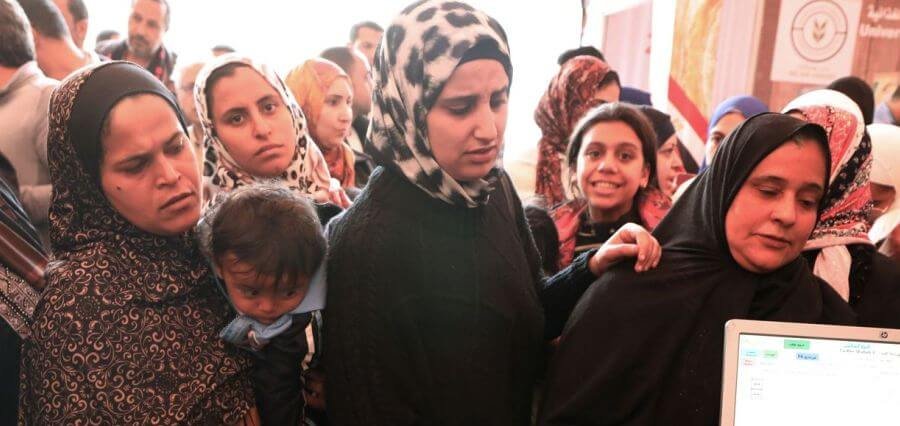Over the last decade, the chronically indebted country has sold off tourism, agricultural, and port assets to the United Arab Emirates and Saudi Arabia.
It’s a gigantic lifeline built at considerable expense along a length of Egypt’s Mediterranean coast. At a time when Egypt is facing a serious foreign currency shortage, the UAE plans to pump $35 billion (€32.1 billion) into the country over the next two months. The majority of the money are set aside for the development of Ras El-Hikma, a 170-million-square-meter peninsula (the size of the Arcachon Basin) with 50 kilometers of white-sand beaches.
The Emirati sovereign wealth fund, Abu Dhabi Developmental Holding Company (ADQ), is behind this transaction, and it is led by Sheikh Tahnoun Ben Zayed, the brother of the UAE’s ruler, Mohammed Ben Zayed Al Nahyane. ADQ, which will administer the project, plans to transform Ras El-Hikma into “one of the largest new cities developed by a private consortium” by combining a premium tourist destination, a financial center, and a free zone.
According to Prime Minister Moustafa Kemal Madbouli, this deal, unparalleled in Egyptian history, was unveiled on February 23 with considerable pomp from the new administrative capital, Wedian or Al-Masa, another grandiose project in which the emirate has made significant investments.
At a time when Cairo is crumbling under debts estimated at over $160 billion and facing its worst liquidity crisis in decades – compounded by unrest in the Red Sea and falling revenues from the Suez Canal – these massive investments are a breath of fresh air for the Egyptian government.
‘An unexpected rescue’
“This was an unexpected rescue. In the short term, this capital will assist slow the economy’s rapid decline. Inflation will decline. But, for how long? “We should not underestimate the government’s ability to squander these funds without investing them in long-term projects,” said Timothy E. Kaldas, co-director of the Tahrir Institute for Middle East Policy, an NGO dedicated to democratic change in the Middle East.
Read More: https://arabianworldmagazine.com/




